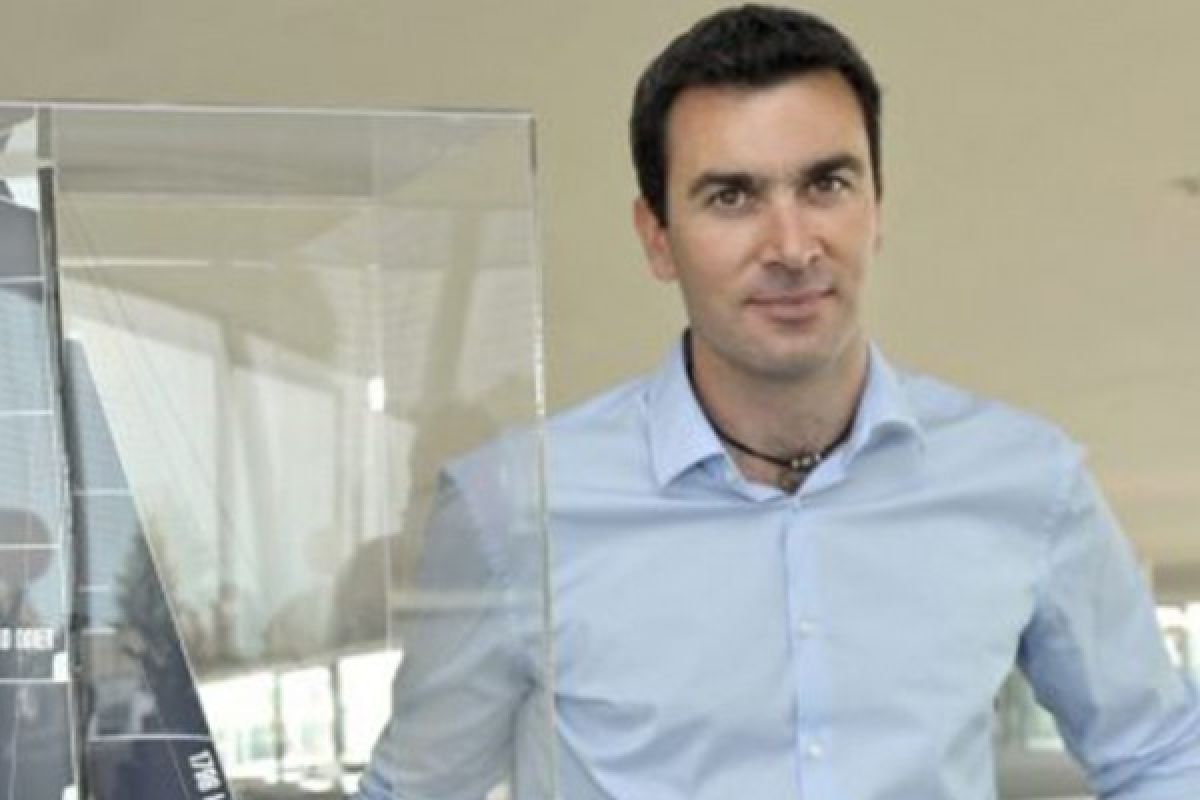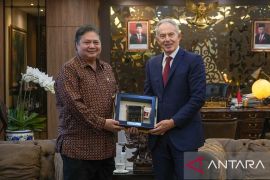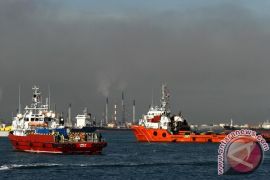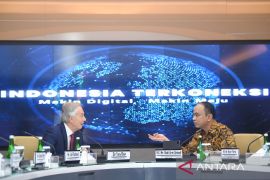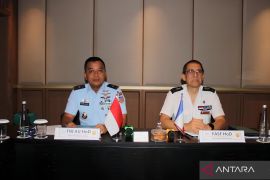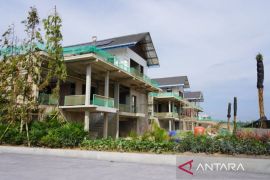Perhaps we can make ships that run on solar energy."Jakarta (ANTARA News) - The tropical climate in Indonesia is suitable for the use of solar-powered ships, according to Swiss naval architecture researcher Jeremie Lagarrigue.
"Indonesia can do a lot of things, including using environmentally friendly resources. Perhaps we can make ships that run on solar energy," Lagarrigue said during a visit to the University of Indonesia in Depok, West Java, on Thursday.
The researcher, who is also the CEO of shipbuilding company Hydros Innovation SA, believes that the abundance of sunshine that Indonesia receives can serve as a source of energy for ships.
"Indonesia has abundance of sunshine, while in Switzerland, there is sunshine only for five months," he pointed out.
However, Lagarrigue explained that even with limited sunshine, nearly every home in Switzerland has solar panels to use an eco-friendly source of energy.
He also regrets Indonesias continued dependence on fossil fuels despite receiving plenty of solar energy.
Moreover, a faculty member of Naval Architecture Studies of the University of Indonesia, Dr. Sunaryo, affirmed that the university will cooperate with Swiss research centers to transfer technology in the maritime sector.
"He (Lagarrigue) will help us transfer technology. This is because the Swiss are excellent in precision and the use of advanced technology, and he wants to help Indonesia get there," Sunaryo noted.
"I am here to help transfer technology (owned by Hydros) to build high-speed ships to benefit the maritime sector," Lagarrigue remarked.
Furthermore, Sunaryo stated that the cooperation with Lagarrigues institution was aimed at meeting the needs of the maritime sector in Indonesia with the support of technology and knowledge from Switzerland.
Hydros has been designing high-speed ships that use environmentally friendly resources, including the utilization of wave energy.
Lagarrigue designs ships that can float a few inches above the surface of the water, which saves fuel consumption by up to 50 percent, and are lighter than regular passenger ships.
(Reported by Aditya Ramadhan/Uu.INE/KR-BSR/A014)
Editor: Priyambodo RH
Copyright © ANTARA 2015
